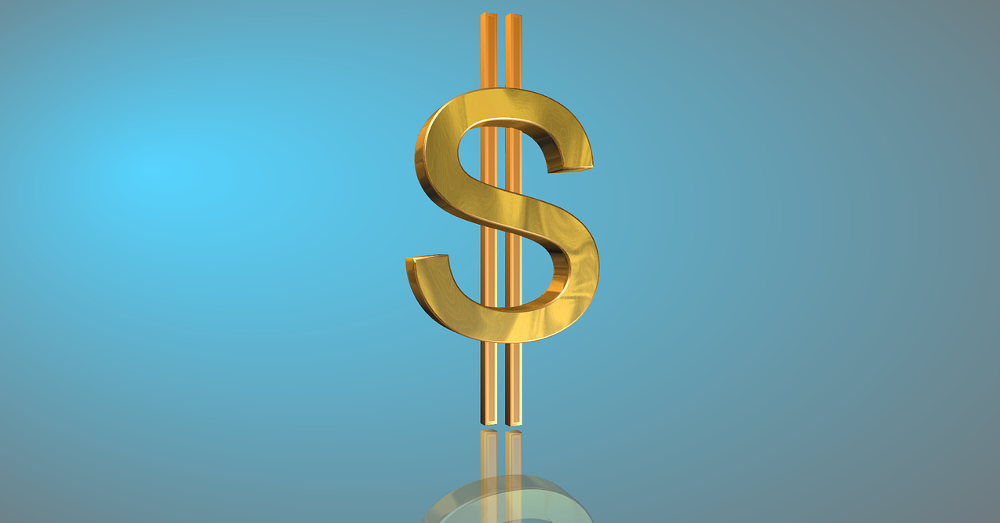
Big Food Create Their Own Fair Trade Labels
Some companies are creating their own fair trade guidelines, claiming their guidelines are superior to those of third-party certifiers like Rainforest Alliance. Consumers have a right to be suspicious of such self-serving guidelines Big Food labeling practices.
September 11, 2017 | Source: Cornucopia | by
Cornucopia’s Take: Some companies are creating their own fair trade guidelines, claiming their guidelines are superior to those of third-party certifiers like Rainforest Alliance. Consumers have a right to be suspicious of such self-serving guidelines Big Food labeling practices.
How fair is our food? Big companies take reins on sourcing schemes
Reuters
by Ana Ionova
From cocoa to tea, food and drink giants are setting their own standards for ethical sourcing of raw materials, moving away from third-party labels such as Fairtrade.
Mondelez International (MDLZ.O), owner of chocolate brands Cadbury and Toblerone, Unilever (ULVR.L), behind tea brands such as Lipton and PG Tips, and Barry Callebaut, the world’s biggest producer of chocolate and cocoa products, have all introduced their own schemes.
They say their targets are more comprehensive and some claim their schemes are more effective in tracking whether a product is ethically sourced every step of the way. With companies under financial pressure, analysts say it has also been a way to save money.
But critics are worried that the standards that third-party groups such as UTZ Certified or Rainforest Alliance have fought to establish risk being muddled and what is deemed ethical and sustainable could become more ambiguous.
“Standards measuring environmental and social issues need to be transparent because, once this process happens behind closed doors, it is difficult to see how companies and farms apply them,” said Sloane Hamilton, labor rights policy advisor at Oxfam, a charity focused on alleviating poverty.
“We don’t want to see standards watered down, and neither do we want customers to be faced by a bewildering proliferation of different certification schemes.”
Third-party certifiers are not opposed to all self-certification, even though the loss of fees could threaten their future. Rather, they are worried standards could become meaningless if too many companies set their own criteria.
Mondelez started selling the first Green & Black’s chocolate in the UK without a Fairtrade logo in August, more than 23 years after the brand’s Maya Gold bar received Britain’s first mark.
The bar instead carries the stamp of “Cocoa Life”, a Mondelez scheme started in 2012 with broad goals including improved productivity, protection of fertile land and gender equality in farming communities.
Mondelez says Fairtrade is still an “implementing partner” and the group’s auditing arm is used to vet cocoa sourced through “Cocoa Life”.
Fairtrade, a non profit, aims to push for a better deal for farmers and workers in developing nations. It sets standards, including a minimum price for raw materials, and requires companies to contribute toward businesses or community projects, in exchange for the Fairtrade stamp.
